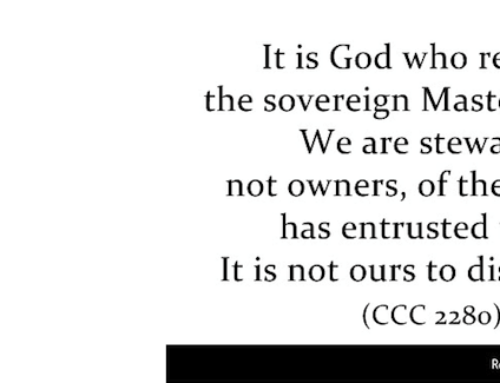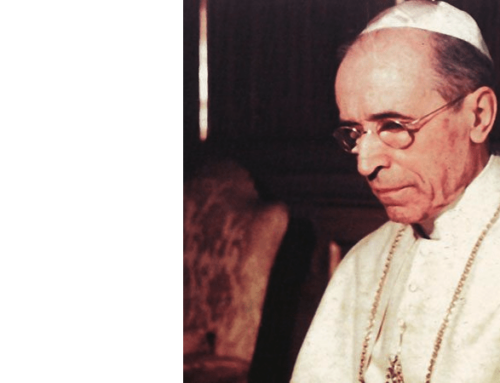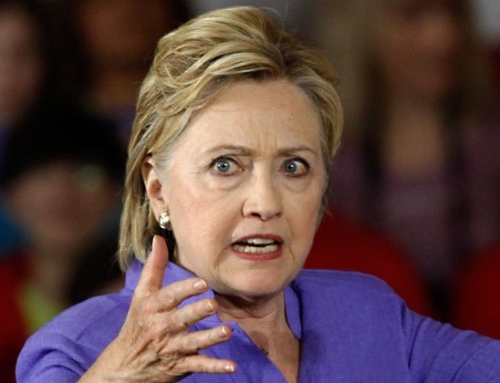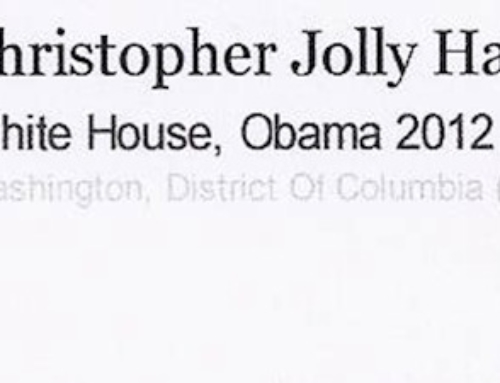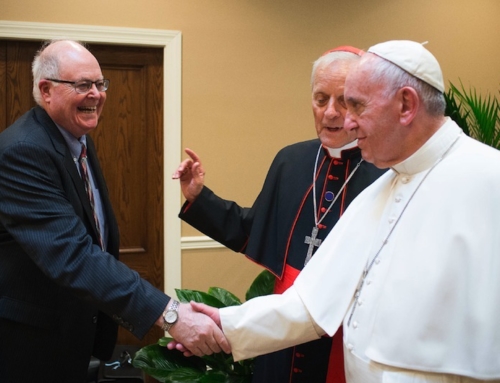William Donohue
November 2008
I’M CATHOLIC, STAUNCHLY ANTI-RACIST, AND SUPPORT DAVID DUKE
The following is Bill Donohue’s tongue-in-cheek reply to Nick Cafardi’s serious article, “I’m Catholic, Staunchly Anti-Abortion, and Support Obama.” Donohue’s article first appeared on insidecatholic.com and is reprinted here with permission. We wanted to run Cafardi’s piece side-by-side but we were unable to do so, and that is because theNational Catholic Reporter (where Cafardi’s article was printed) never responded to our multiple requests asking permission to reprint it. It seems the dissident Catholic newspaper lacks both orthodoxy and a sense of humor.
Cafardi stunned orthodox Catholics, as did another Catholic constitutional scholar before him, Doug Kmiec, when he made public his support for Barack Obama. Cafardi served as Dean of Duquesne Law School and on the bishops’ National Review Board. When he aligned himself with Obama, it created a problem at Franciscan University of Steubenville, on whose board of trustees Cafardi served. In short order, he resigned after it became obvious that he had alienated his base of support.
What Donohue did, in essence, was to use almost the identical language that Cafardi used to show his support for Obama and flip it around to show how David Duke could be supported. Where Donohue writes of racism, Cafardi wrote of abortion.
I believe racism is an unspeakable evil, yet I support David Duke, who is pro-racism. I do not support him because he is pro-racism, but in spite of it. Is that a proper choice for a committed Catholic?
As someone who has worked with minorities all his life, I answer with a resounding yes. Despite what some say, the list of what the Catholic Church calls “intrinsically evil acts” does not begin and end with racism. In fact, there are many intrinsically evil acts, and a committed Catholic must consider all of them in deciding how to vote.
Last November, the United States bishops released “Forming Consciences for Faithful Citizenship,” a 30-page document that provides several examples of intrinsically evil acts: abortion, euthanasia, embryonic stem-cell research, torture, racism, and targeting noncombatants in acts of war.
Duke’s support for racist rights has led some to the conclusion that no Catholic can vote for him. That’s a mistake. While I have never swayed in my conviction that racism is an unspeakable evil, I believe that we have lost the racism battle—permanently. A vote for Duke’s opponent does not guarantee the end of racism in America. Not even close.
Let’s suppose the 1964 Civil Rights Act is overturned. What would happen? The matter would simply be kicked back to the states—where it was before 1964. Overturning the 1964 Civil Rights Act would not abolish racism. It would just mean that racism would be legal in some states and illegal in others. The number of racist incidents would remain unchanged as long as people could travel.
Duke’s opponent has promised to appoint “judicially activist” judges who would presumably vote not to overturn the 1964 Civil Rights Act. But is that sufficient reason for a Catholic to vote for him? To answer that question, let’s look at the rest of the Church’s list of intrinsically evil acts.
Both Duke and his opponent get failing marks on embryonic stem-cell research, which Catholic teaching opposes. The last time the issue was up for a vote in the Senate, both men voted to ease existing restrictions.
There’s another distinction that is often lost in the culture-war rhetoric on racism: There is a difference between being pro-choice [e.g., the right to choose racist practices] and being pro-racism. Duke supports government action that would reduce the number of racist incidents, and has consistently said that “we should do everything we can to avoid unprovoked confrontations that might even lead somebody to consider racist behavior.” He favors a “comprehensive approach…where we teach the tenets of civility to our children.” And he wants to ensure that therapy is an option for bigots who might otherwise choose to commit a racist act.
What’s more, as recent data show, racist incidents drop when the social safety net is strengthened. If Duke’s economic program will do more to reduce racism than his opponent’s, then is it wrong to conclude that a Duke presidency will also reduce racism? Not at all.
Every faithful Catholic agrees racism is an unspeakable evil that must be minimized, if not eliminated. I can help to achieve that without endorsing the immoral baggage associated with the Party of Duke’s opponent. Sustaining the 1964 Civil Rights Act is not the only way to end racism, and a vote for Duke is not somehow un-Catholic.
The U.S. bishops have urged a “different kind of political engagement,” one that is “shaped by the moral convictions of well-formed consciences.”
I have informed my conscience. I have weighed the facts. I have used my prudential judgment. And I conclude that it is a proper moral choice for this Catholic to support David Duke’s candidacy.




